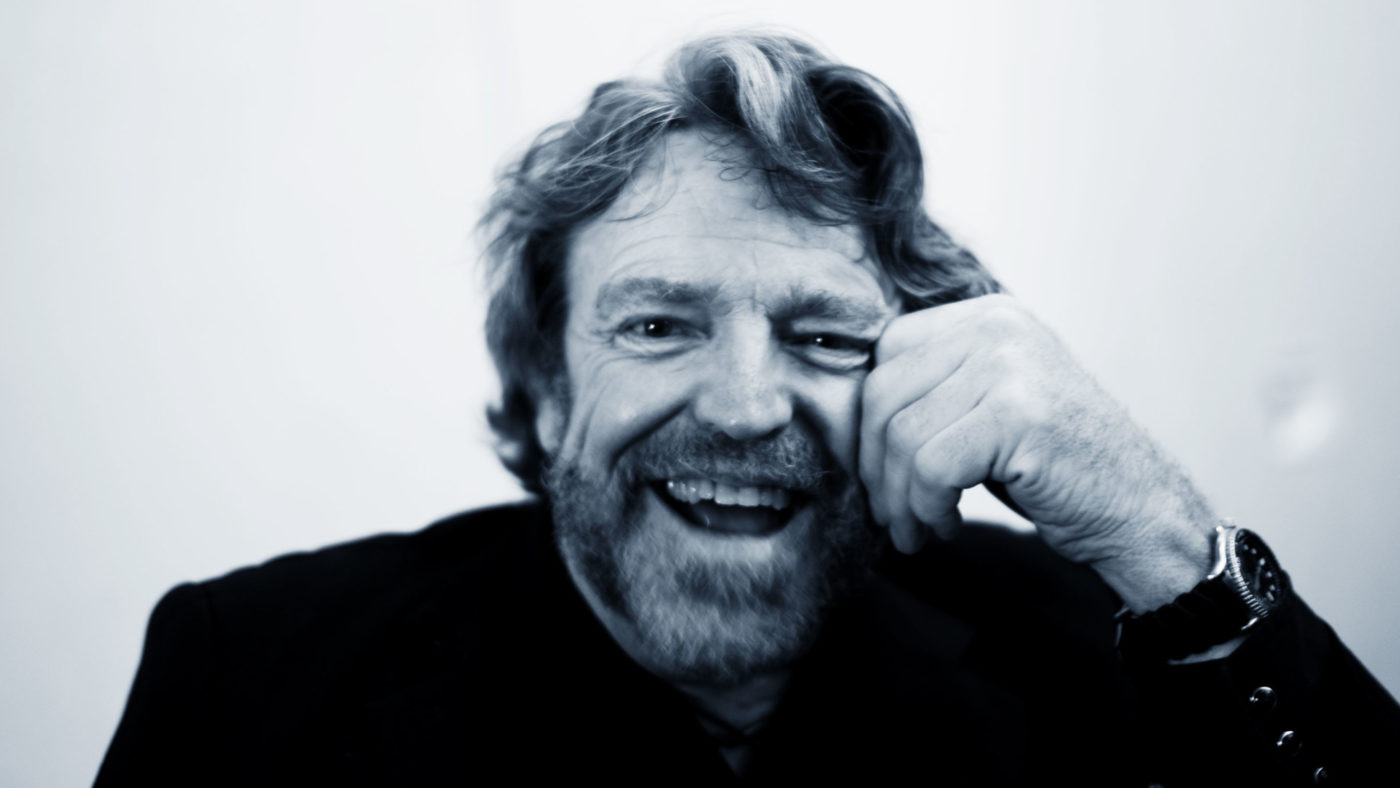“Some people say that it is not for government to regulate when it comes to technology and the internet” – the 2017 Conservative Party Manifesto.
John Perry Barlow, the Grateful Dead songwriter turned tech-evangelist who died this week, was one of those people.
In 1996, he wrote “A Declaration of the Independence of Cyberspace”. Barlow’s declaration has, in equal parts, inspired ridicule and simply inspired. It’s easy to mock his over-the-top language (“Governments of the Industrial World, you weary giants of flesh and steel, I come from Cyberspace, the new home of Mind.”) but Barlow’s vision that the Internet would be a powerful decentralising force has borne true and is still worth fighting for.
It is somewhat ironic that Clinton’s Communications Decency act, which prompted Barlow’s essay, is today responsible for the vibrancy of Silicon Valley and the platforms that enable widespread free expression. The act, driven by a desire to stamp out online pornography, was torn apart by the courts as measure after measure was found incompatible with the First Amendment. Barlow’s own Electronic Frontier Foundation can take much of the credit for that. But Section 230, nicknamed the most important bit of legislation you’ve never heard of, still remains. Because of Section 230, social media services such as Twitter, Facebook, and YouTube aren’t responsible for what their users post. Without it, today’s most popular apps would almost certainly have been crushed under the weight of legal costs.
The critics of Barlow’s techno-utopianism argue that Google, Facebook, and Amazon have become the very gatekeepers that he declared independence from. Jonathan Taplin, author of Move Fast and Break Things, blames a lack of regulation for allowing “tech titans” to become monopolies. The conventional wisdom says “data is the new oil” and that network effects have created winner-take-all markets.
Have we simply substituted democratic governments for Californian corporations? Don’t believe the doomsayers. Just ten years ago, the Guardian was asking if Myspace would ever lose its monopoly. Network effects — the idea that a social network is worth using if other people are on it — do not seem to pose the unassailable barriers to entry that tech’s critics predict. When WhatsApp launched, Facebook had 350m users. By the time Snapchat launched, Facebook’s userbase had more than doubled. Yet network effects didn’t stop either company growing.
Some criticise the tech titans not because they are gatekeepers, but because they aren’t strict enough gatekeepers. This past week the DCMS select committee took an unprecedented trip to DC to question tech executives for the role that fake news played in the Brexit referendum. The dark side of Silicon Valley’s libertarian ethos they argue, is that it enables hoaxers (and foreign powers) to meddle in elections.
But this moral panic has little evidence to support it. Academics from Stanford and New York University tested whether Facebook users a) remembered and b) believed the most popular fake news from the 2016 Presidential Election. They found that around 15 per cent saw fake news and around half of those who saw it believed it. But here’s the twist. They also asked them about a set of “faked” fake news stories. It turns out that Facebook users were just as likely to recall seeing and believing “real” fake news as “faked” fake news. Taking that into account, fake news was seen and believed only by roughly 1.2 per cent of the US electorate. But even that overplays fake news’ importance. People believe fake news when it fits their worldview, it was the already die-hard Trump supporters not swing voters who believed hoaxes like Pizzagate.
Barlow’s utopian vision took its biggest hit in 2013 when Edward Snowden revealed that the NSA had been tracking almost every internet user’s metadata. Fred Turner, a Stanford professor who has taught a course on “Digital Media in Society” for the last 15 years, says “when I started teaching the course in 2003, my students were always like, ‘Oh Turner, he’s so negative. It would be such a better course if you would just read Apple’s website.’ And then more recently, it’s like, ‘Oh Turner, he’s so positive. What’s his problem?’ The turning point was Snowden.”
But the fallout from Snowden is perhaps the best evidence for Barlow’s view that the Internet fundamentally bends towards liberty. Today, end-to-end encryption is widespread and built into iMessage, WhatsApp and Facebook Messenger. Politicians may not understand how encryption works, but they understand even less their powerlessness to stop it. Ken Tindell shows how to build an end-to-end encryption system in just 8 tweets. The best politicians can do is make encrypted apps clunkier and less user-friendly; they’ll never be able to keep it out of the hands of whistleblowers, terrorists and journalists for long. As Barlow’s co-founder John Gilmore wrote: “[the Internet] deals with censorship as though it were a malfunction and routes around it”.
Barlow’s utopian rhetoric may be unfashionable in today’s world of Black Mirror, but the failure of artists, intellectuals, and entrepreneurs to provide a positive vision of the future is a real problem. Today, we live in a world where doomsday rhetoric around AI and the effect of social media on society is commonplace. The Internet may be predisposed to liberty, but without a guiding vision people will not fight each encroachment on it by governments. Barlow understood that “a good way to invent the future is to predict it. So I [Barlow] predicted Utopia, hoping to give Liberty a running start.”


